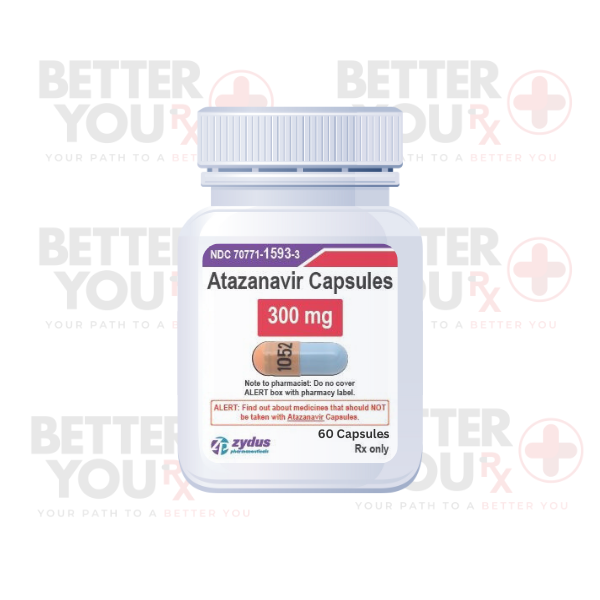| Usage |
Usage
-Lenvatinib is available in capsule form for oral administration. Typically, it's taken once daily, with or without food, at the same time each day. Follow your prescription label carefully, and consult your doctor or pharmacist if you have any questions. Stick to the prescribed dosage; do not increase or decrease it without your doctor's guidance. If you encounter severe side effects, your doctor may adjust your dosage or temporarily/permanently discontinue treatment. Keep your doctor informed about your well-being during the treatment. The duration of treatment is determined by your response and side effects. Even if you feel better, continue taking lenvatinib. Never stop without consulting your doctor. You can also request the manufacturer's patient information from your pharmacist or doctor.
|
| Side Effects |
Side Effects
Lenvatinib may result in side effects. If any of the following symptoms are severe or persistent, inform your doctor:
• Fatigue or tiredness
• Skin rash, redness, itching, or peeling on palms and soles of feet
• Nausea
• Constipation
• Heartburn
• Reduced appetite
• Weight loss
• Altered taste perception
• Cough
• Hoarseness
• Mouth sores
• Dry mouth
• Headache
• Joint and muscle pain
• Difficulty sleeping
• Hair loss
• Fever
• Burning sensation during urination
Certain side effects require immediate medical attention:
• Shortness of breath
• Swelling in legs and ankles
• Chest pain
• One-sided numbness or weakness
• Arm, back, neck, or jaw pain
• Sudden, severe headache
• Speech difficulties
• Rapid changes in vision
• Yellowing of skin or eyes
• Abdominal pain
• Dark urine
• Light-colored stools
• Seizures
• Weakness
• Confusion
• Persistent nosebleeds
• Bloody vomit
• Black, tarry, or bloody stools
• Coughing up blood or blood clots
• Heavy menstrual bleeding
• Vomiting, diarrhea, or signs of dehydration
Lenvatinib may cause other uncommon side effects. Contact your doctor if you experience any unusual issues while using this medication.
|
| Storage |
Storage
-Store this medication in its original container, securely sealed, and away from children's reach at room temperature, avoiding excess heat and moisture (do not store it in the bathroom). To safely dispose of unused medications, utilize a medicine take-back program rather than flushing them down the toilet. Consult your pharmacist or local garbage/recycling department for information on take-back programs in your area. Always keep medications out of children's sight and reach, as many containers are not child-resistant, and children can easily open them. To prevent accidental ingestion, remember to securely close safety caps and promptly stow medications in a secure location, out of children's sight and reach.
|
| Special Precautions |
Special Precautions
Before starting lenvatinib, it's important to inform your doctor and pharmacist of any allergies to lenvatinib, other medications, or any components in lenvatinib capsules. You can also request a list of the ingredients from your pharmacist.
Additionally, share your complete list of prescription and over-the-counter medications, vitamins, dietary supplements, and herbal products with your doctor and pharmacist. Particular attention should be given to medications for irregular heartbeat, such as amiodarone, disopyramide, procainamide, quinidine, and sotalol, as adjustments in doses or careful monitoring may be necessary.
Discuss your medical history, including any history of seizures, high blood pressure, stroke, heart attack, headaches, vision changes (especially due to blood clots), fistulas, intestinal tears, prolonged QT interval (an irregular heart rhythm), low blood levels of calcium, potassium, or magnesium, bleeding disorders, as well as heart, kidney, or liver disease.
It's essential to be aware that lenvatinib may affect fertility in both men and women. If you're capable of becoming pregnant, reliable birth control should be used during lenvatinib treatment and for at least two weeks following its completion. In the event of pregnancy while taking lenvatinib, promptly contact your doctor as it may pose risks to the fetus.
Lenvatinib can also raise blood pressure, so your doctor will monitor it throughout your treatment.
|









